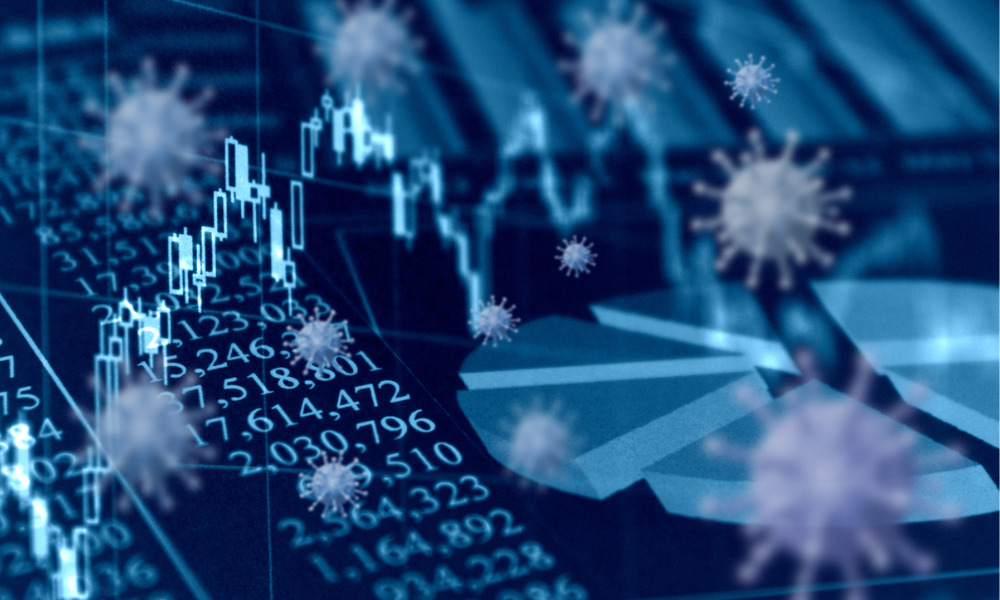Invesco's Chief Global Market Strategist thinks both have low probability of occurring

The two major risks that Invesco’s Chief Global Market Strategist, Kristina Hooper, sees in this stage of the pandemic recovery are the Federal (Fed) Reserve hastening policy normalization and a resurgence of a COVD variant that the current vaccinations cannot protect people against.
“Both are low probability, but they are still very significant risks to the market,” she told WP, after sharing what the Fed’s rate hike comments could mean for the economic recovery and investors in her weekly Market Compass.
The Fed hastening policy normalization could disrupt the market, and even choke off economic recovery if it’s severe enough. But, she believed it learned from 2013, has separated tapering from rate hikes, and is doing a great job of communicating about tapering.
“I think it’s doing everything right, in terms of getting as much transparency as possible,” Hooper noted. “So, I don’t think the markets are going to be surprised or have any extreme reaction, once tapering is actually announced.”
While it’s too early to tell if the Fed will begin rate hikes in late 2022 or early 2032, she said we’ve had adequate fiscal stimulus and very accommodative monetary policy this time, which has resulted in a stronger recovery than the earlier global financial crisis, even though the Delta variant could yet slow that economic growth trajectory.
While the June and July US jobs reports had a higher increase than expected, she warned that we must recognize that the sticky part of inflation is the wage growth, so that could cause more persistent inflation, which then begs the questions of how much and how long. But, the July report showed significant growth in the hospitality and leisure industries’ wages, where wage growth is less sticky because of employee turnover.
As for the pandemic, she’s not as concerned about the current Delta variant spread being any threat to the U.S. economy, even though it could slow the economic growth trajectory in some parts of the U.S. and world for awhile.
What Hooper is more concerned about is southeast Asian countries, like Vietnam. They are experiencing a COVID surge, which could further disrupt the supply chain and be a real problem for the manufacturing sector
“Whereas the U.S. will tolerate a certain level of infections without shutting anything down, China has taken a very different approach,” she said. “It could very well mean continued supply chain disruptions, and we’re just going to have to anticipate that again, but hope it doesn’t lead to persistent inflation.”
Hooper is also expecting more stock volatility in August, especially if we keep getting negative headlines like Chinese growth being impacted by COVID. Given that the global financial crisis scared investors out of the market, and they didn’t return to enjoy the stock market rallies, she’s urging investors to maintain a long perspective and stay the course with long-term, but adequately diversified exposure, to equities.



